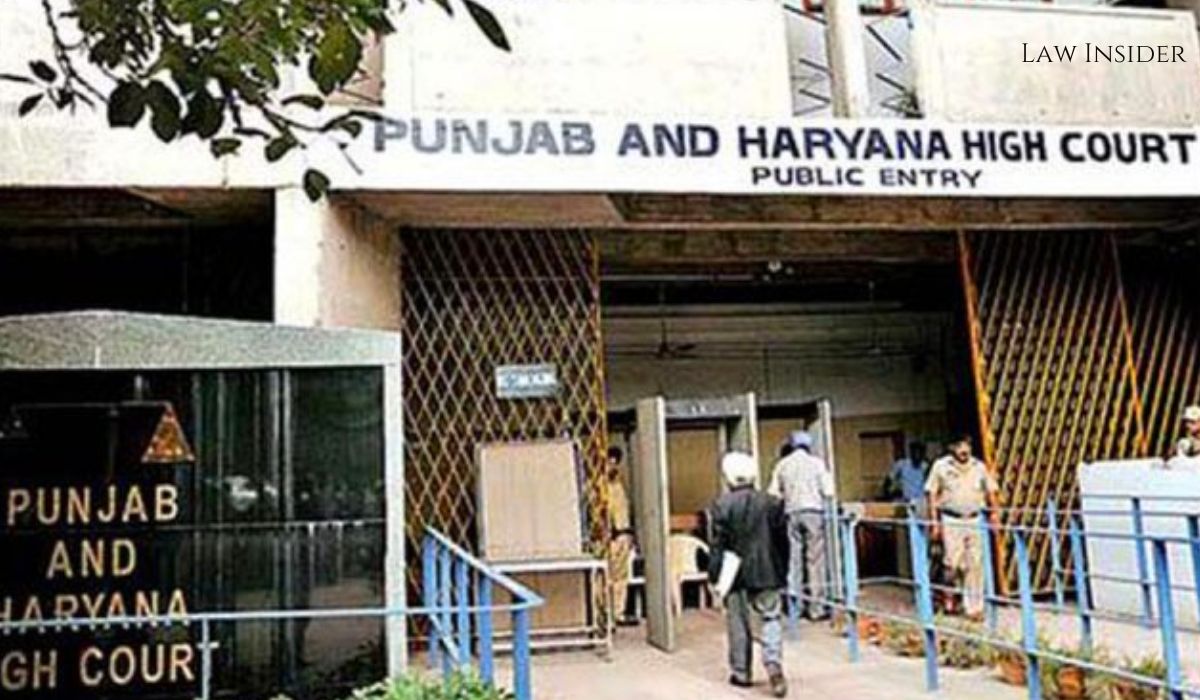Sakina Tashrifwala
Published on: 29 November 2022 at 23:02 IST
The Punjab and Haryana High Court has held that Permanent Lok Adalat is entirely within its jurisdiction to give an interim decision without the conclusion of the reconciliation process, which is an important ruling on the authority of Permanent Lok Adalat (public utility services).
Justice Vinod S. Bhardwaj clarified that, contrary to popular belief, the “principles of natural justice” also included fairness, equity, and equality and that they “prescribe rule against prejudice” intrinsically.
The common law had developed this rule to prevent the State or its agents from using authority arbitrarily, and it was necessary for it to reflect justice in action. It couldn’t be realised through a straight-jacket definition approach.
Additionally, Justice Bhardwaj made it plain that the Adalat would have the authority to enact a rule that it deemed to be in line with other elements of justice, including natural justice, objectivity, equity, and fair play.
The decision given by court was in response to a number of applications filed by the Uttar Haryana Bijli Vitran Nigam (UHBVN), which argued that the Adalat’s temporary order restoring the electricity connection was invalid since it amounted to the exercise of adjudicatory power. Further explaining, its counsel argued that only after attempts at reconciliation had failed could the adjudicating procedure be started.
According to Justice Bhardwaj, the Legal Services Authorities Act established the guiding principles, such as natural justice, to be adhered to by the Permanent Lok Adalat (public utility services). It had carefully established these guidelines for the Adalat to follow when conducting conciliation procedures or making a merit-based decision in a dispute.
Justice Bhardwaj continued by stating that it was obvious that all procedures leading up to and including the conclusion of an action might be included in the proceedings. Instead of clarifying the stage at which the principles were to serve as the leading considerations, the legislature preferred to refer to the phrase “proceedings.”
“There was no reason why the legislature would not have used an appropriate word designating the particular stage, i.e., “at the stage of conciliation” or “at the stage of adjudication” if the legislative objective had been limited.”
If the petitioner’s interpretation of the law were to be adopted, the enabling power, which is not limited to being used at a particular stage, would be rendered null and void, which would tend to defeat the purpose of the Act’s enactment, which was to ensure that no citizen was denied the opportunity to obtain justice because of their financial situation or another factor.
It would be erroneous to construe and interpret the Act’s provision in a way that denies and takes away the Adalat’s authority to award temporary relief.

